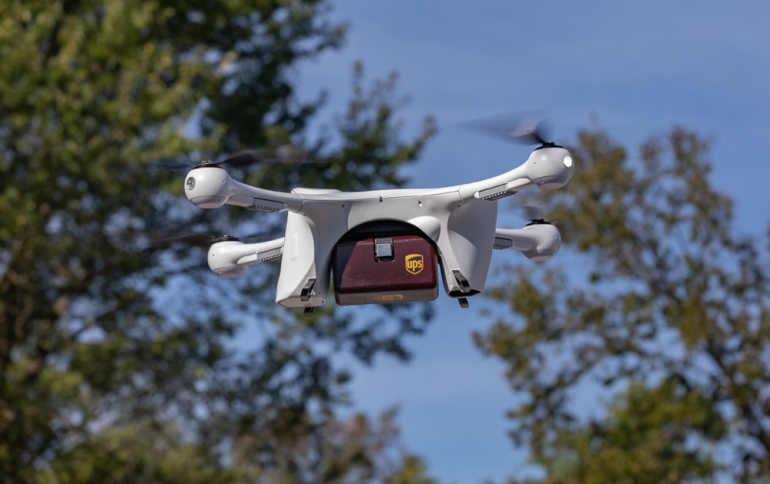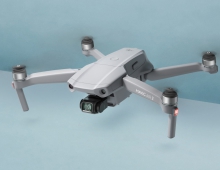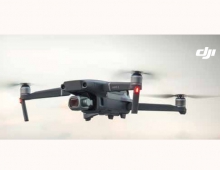
UPS Attains FAA’s First Full Approval For Drone Airline
UPS subsidiary UPS Flight Forward Inc. has received the U.S. government’s first full Part 135 Standard certification to operate a drone airline.
The company will initially expand its drone delivery service further to support hospital campuses around the U.S., and to provide solutions for its customers beyond those in the healthcare industry. UPS Flight Forward plans in the future to transport a variety of items for customers in many industries, and regularly fly drones beyond the operators’ visual line of sight.
UPS sais that the U.S. Federal Aviation Administration (FAA) awarded UPS Flight Forward a Part 135 Standard certification on Friday. The UPS subsidiary immediately launched the first drone delivery flight by any company under Part 135 Standard at WakeMed’s hospital campus in Raleigh, N.C. That flight, using a Matternet M2 quadcopter, was flown under a government exemption allowing for a “beyond visual line of sight” (BVLOS) operation, also a first in the U.S. for a regular revenue-generating delivery.
Earlier this year, UPS partnered with drone-maker Matternet to launch its healthcare delivery service on the WakeMed campus. With its Part 135 Standard certification, UPS is ready to build on this application and expand to a variety of critical-care or lifesaving applications.
The FAA’s Part 135 Standard certification has no limits on the size or scope of operations. It is the highest level of certification, one that no other company has attained. UPS Flight Forward’s certificate permits the company to fly an unlimited number of drones with an unlimited number of remote operators in command. Part 135 Standard also permits the drone and cargo to exceed 55 pounds and fly at night, previous restrictions governing earlier UPS flights.
The company has a long-term plan with milestones in view. These include:
- Expansion of the UPS Flight Forward delivery service to new hospitals and medical campuses around the U.S..
- Rapid build-out of ground-based, detect-and-avoid (DAA) technologies to verify drone safety, while enabling future service expansion.
- Construction of a centralized operations control center.
- Regular and frequent drone flights beyond the operator’s visual line of sight.
- Partnerships with additional drone manufacturers to build new drones with varying cargo capacities.
- Adding new services outside of the healthcare industry, including the transport of special commodities and other regulated goods.
Earlier this year, Alphabet’s Wing, the sister unit of search engine Google, was the first company to get U.S. air carrier certification for a single-pilot drone operation. It is testing home deliveries in a rural area around Blacksburg, Virginia.
Amazon, known for its splashy drone delivery tests, also has won experimental certifications to test its drones.





















